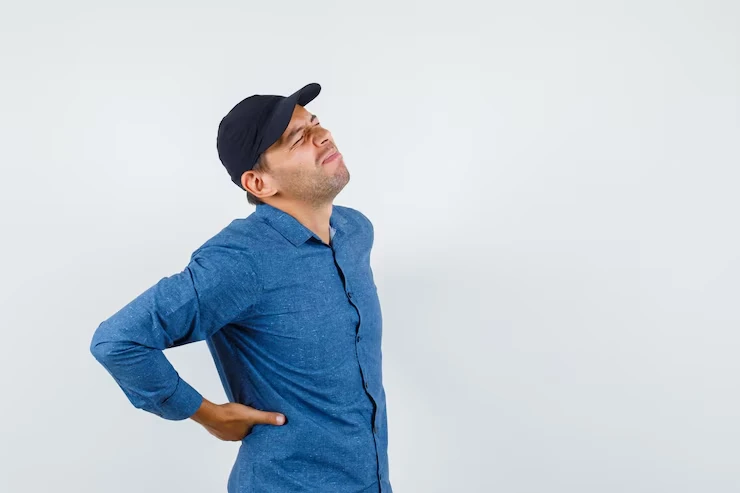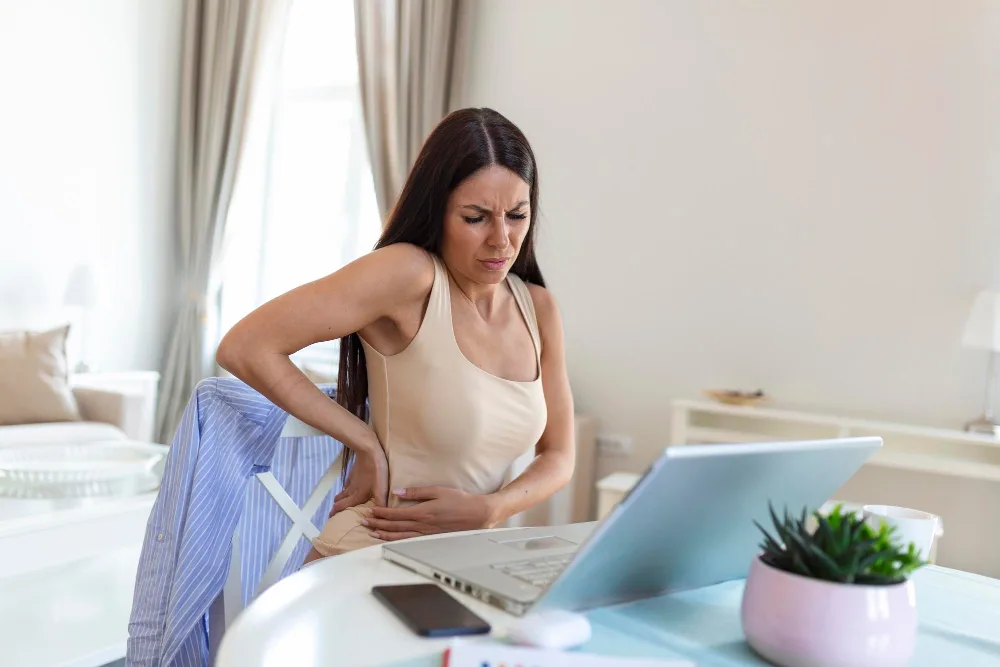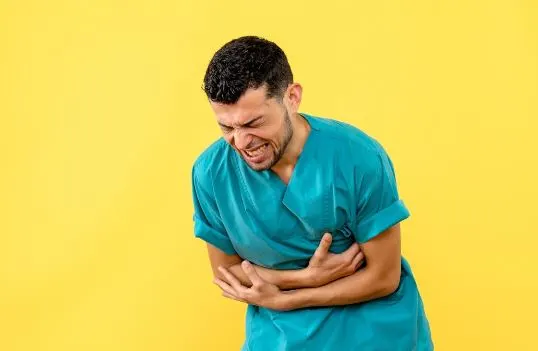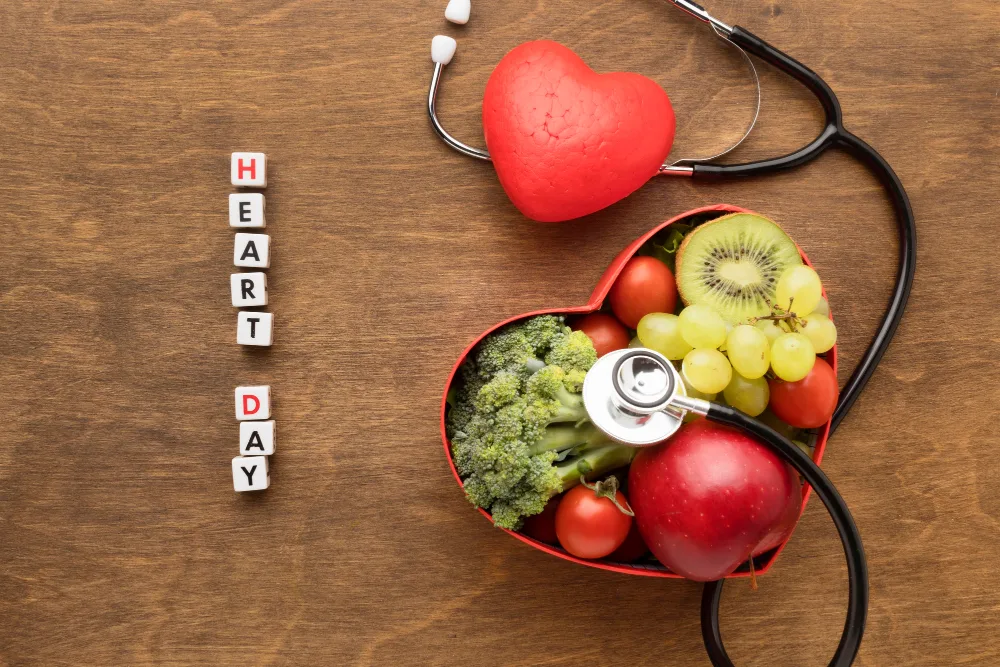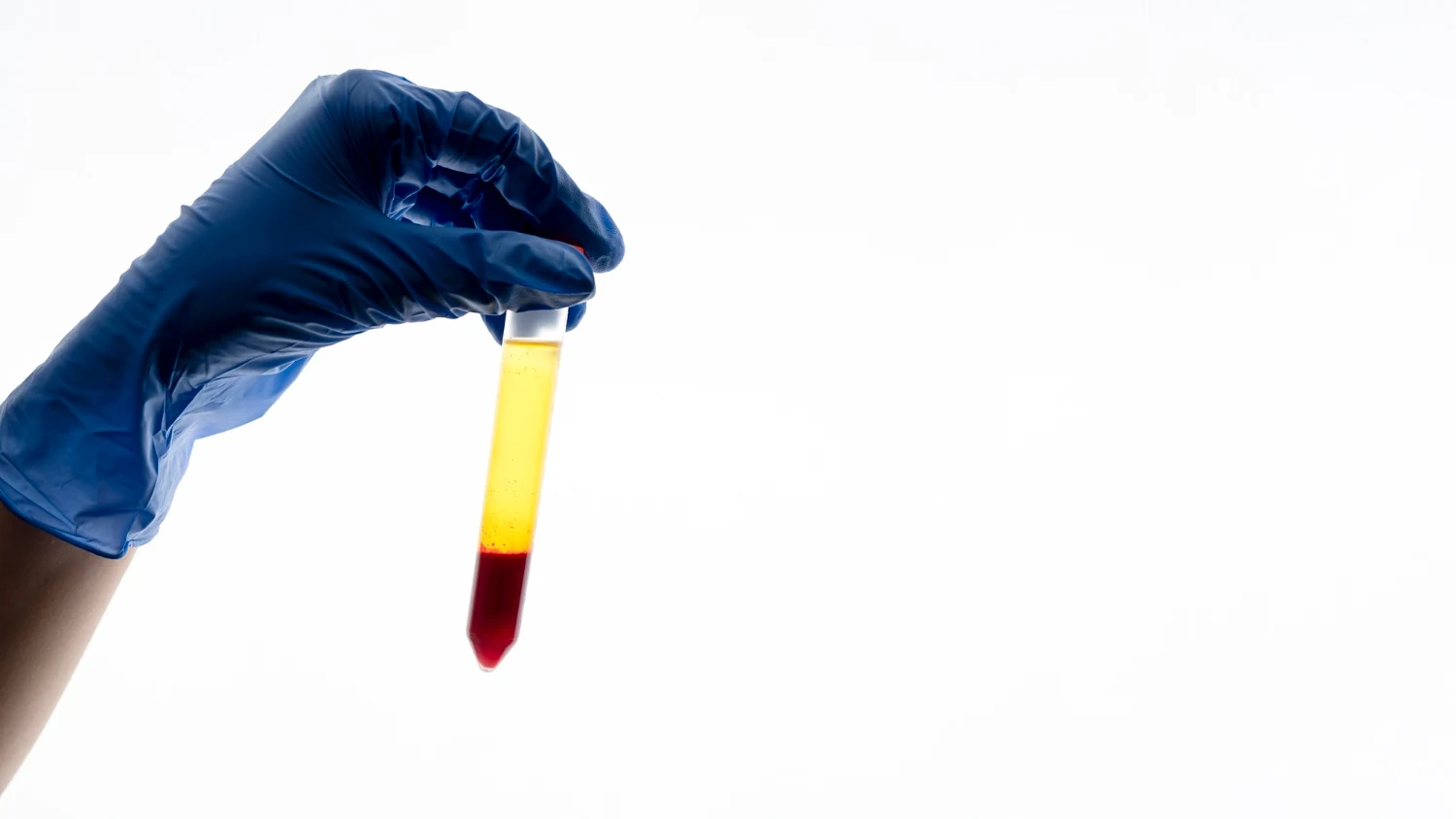Effective Ways To Relieve Kidney Stone Pain And Speed Up Recovery
Category: Urology
Kidney stones are notorious for causing severe, sharp pain that can disrupt your daily life. Whether you’ve already experienced kidney stone discomfort or are looking for ways to prevent or manage the pain, there are several effective methods that can help speed up recovery and reduce the discomfort associated with kidney stones. In this blog, we’ll explore pain relief techniques, treatment options, and recovery strategies, focusing on non-dietary solutions.
Understanding Kidney Stones and Their Pain
Kidney stones are small, hard deposits that form in your kidneys and can cause intense pain when they move through the urinary tract. The pain is often sudden and can vary in intensity, radiating from the lower back to the groin. For many, the pain is severe enough to interfere with regular activities, which is why finding effective ways to manage it is crucial.
1. Hydration: The Cornerstone of Recovery
One of the most important steps in dealing with kidney stones is staying hydrated. Drinking plenty of water helps flush out the urinary system, potentially allowing small stones to pass more easily and preventing the formation of new ones. Increased hydration also helps reduce the concentration of minerals and salts in your urine, which can otherwise lead to crystal formation.
Tip: Aim to drink at least 8-10 glasses of water a day, or more if you're passing stones. You can also include hydrating drinks like lemon water or coconut water to support the flushing process.
2. Pain Management: Over-the-Counter Medications
Pain relief is a key part of managing kidney stones. Over-the-counter pain relievers like ibuprofen, acetaminophen, and naproxen are often effective for alleviating mild to moderate pain. These medications reduce inflammation and provide relief from discomfort.
Tip: Always follow the recommended dosage, and avoid taking medications for long periods without consulting your doctor, especially if you have other health conditions like stomach ulcers or kidney disease.
3. Heat Therapy: Soothe the Pain Naturally
Heat can be an effective way to manage kidney stone pain, especially when the stones are moving through the urinary tract. Applying a warm compress or heating pad to the affected area, usually the lower back or abdomen, can help relax the muscles and alleviate the pain.
Tip: Use a hot water bottle or heating pad for 15-20 minutes at a time. Be careful not to burn your skin, and avoid using heat for extended periods.
4. Medical Treatments: When to See a Doctor
While many small kidney stones pass on their own, larger stones or those that cause significant pain may require medical treatment. Common options include:
- Pain Management Injections: In cases of severe pain, doctors may administer stronger pain relief medications through injections or intravenous (IV) lines.
- Extracorporeal Shock Wave Lithotripsy (ESWL): This non-invasive procedure uses sound waves to break kidney stones into smaller fragments, making them easier to pass.
- Ureteroscopy: In this procedure, a thin tube with a camera is passed through the urinary tract to locate and remove or break up stones.
- Surgical Removal: In rare cases, if stones are very large or causing severe complications, surgery may be required.
Tip: If your pain is unbearable, or if you're experiencing additional symptoms like fever, nausea, or blood in your urine, consult a doctor immediately.
5. Natural Remedies for Pain Relief
While medical treatments are often necessary for kidney stones, some natural remedies can offer additional support in managing pain and promoting recovery. Keep in mind that these should be used in combination with medical care and not as a replacement for professional treatment.
Herbal Teas: Certain herbs, like dandelion root, chamomile, and nettle, are known for their anti-inflammatory and diuretic propertie. Drinking herbal teas can help reduce inflammation and promote the flushing of small stones.
Essential Oils: Lavender and peppermint oils are known for their soothing effects. Massaging these oils (mixed with a carrier oil) into the lower back or abdomen may provide comfort.
Tip: Always check with your doctor before using any herbal or natural remedies, especially if you're taking other medications or have underlying health conditions.
6. Rest and Stress Management
When dealing with kidney stone pain, it's essential to get enough rest. Stress and exhaustion can worsen pain sensitivity and hinder your body’s ability to heal. Create a comfortable, quiet environment, and avoid strenuous activities during the recovery process.
Tip: Try relaxation techniques such as deep breathing, meditation, or gentle yoga to reduce stress levels and support your recovery.
7. Monitor Your Urine Output
Tracking your urine output is an important part of managing kidney stones.
Tip: Keep a urine strainer in the bathroom to catch any stone fragments that might pass through. This allows your doctor to examine them for analysis.
8. Prevention: Lifestyle Changes to Avoid Recurrence
Once you’ve passed a kidney stone and are on the mend, making certain lifestyle changes can help prevent future stones. Here are a few long-term prevention tips:
- Stay Hydrated: Continue to drink plenty of water, aiming for at least 8-10 glasses a day.
- Limit Salt Intake: Excess salt can increase calcium in the urine, promoting stone formation. Try to reduce your intake of salty foods.
- Manage Your Weight: Maintaining a healthy weight reduces the risk of developing kidney stones.
- Exercise Regularly: Regular physical activity helps maintain kidney function and prevents obesity, which is a risk factor for kidney stones.
FAQs
1. How long does it take to recover from kidney stones?
The recovery time can vary. Smaller stones may pass in a few days, while larger stones can take longer to pass or may require medical intervention.
2. When should I seek medical attention for kidney stones?
Seek medical help if you experience severe pain, fever, chills, blood in your urine, or difficulty urinating. These symptoms could indicate complications.
3. Can kidney stones cause permanent damage?
In most cases, kidney stones do not cause permanent damage. However, untreated or recurrent stones can lead to complications such as kidney infection or chronic kidney disease.
4. What are the signs that I need surgery for kidney stones?
Surgery is typically considered if stones are too large to pass, cause obstruction, or lead to recurrent infections or severe pain.
5. How can I prevent kidney stones from forming again?
To prevent recurrence, stay hydrated, limit salt and oxalate-rich foods, and maintain a healthy lifestyle through exercise and weight management.
6. Should I take pain medication for kidney stones?
Over-the-counter pain relievers like ibuprofen or acetaminophen can be effective for mild to moderate pain. Always follow the recommended dosage and consult your doctor for advice on managing severe pain.

